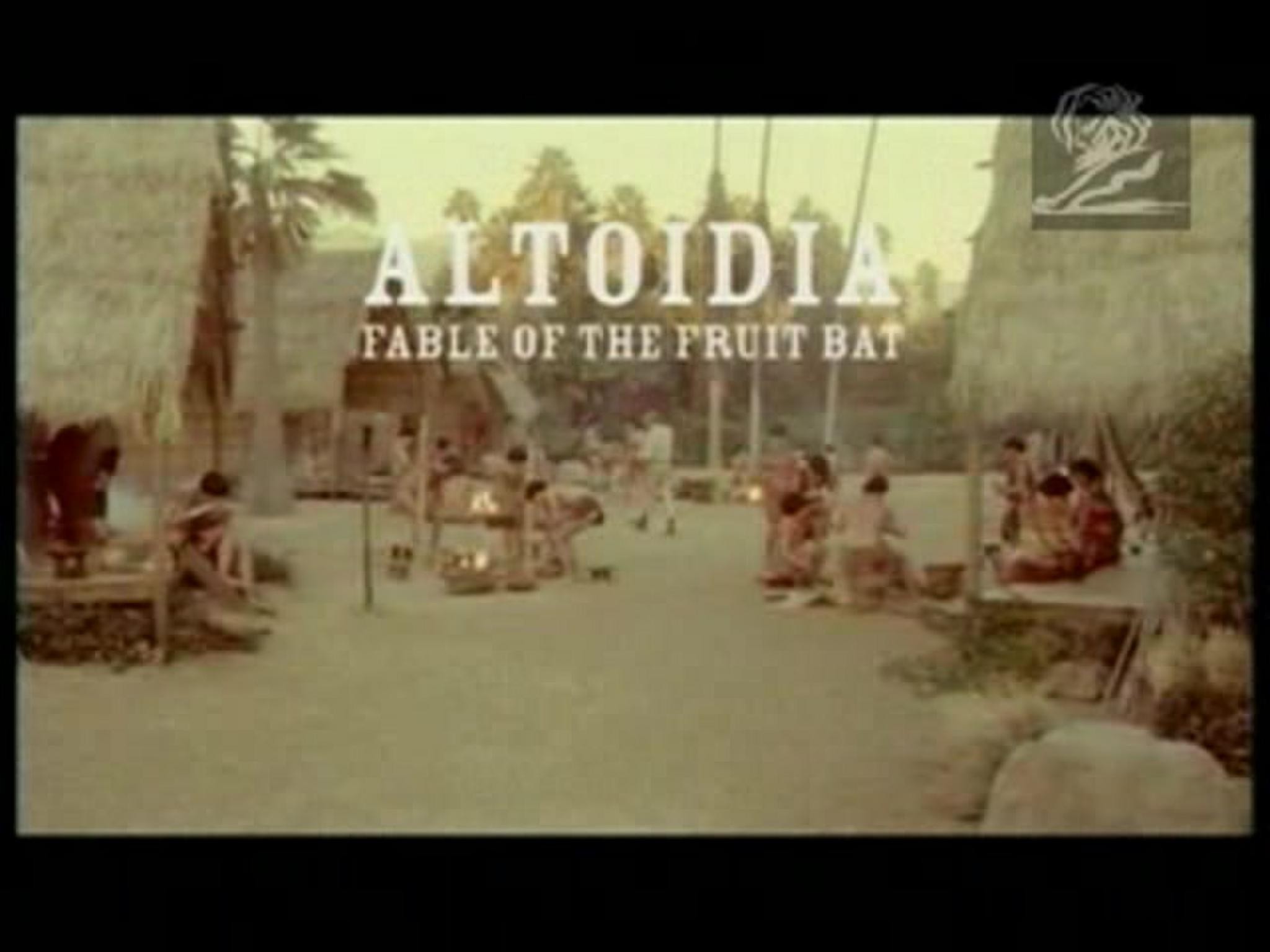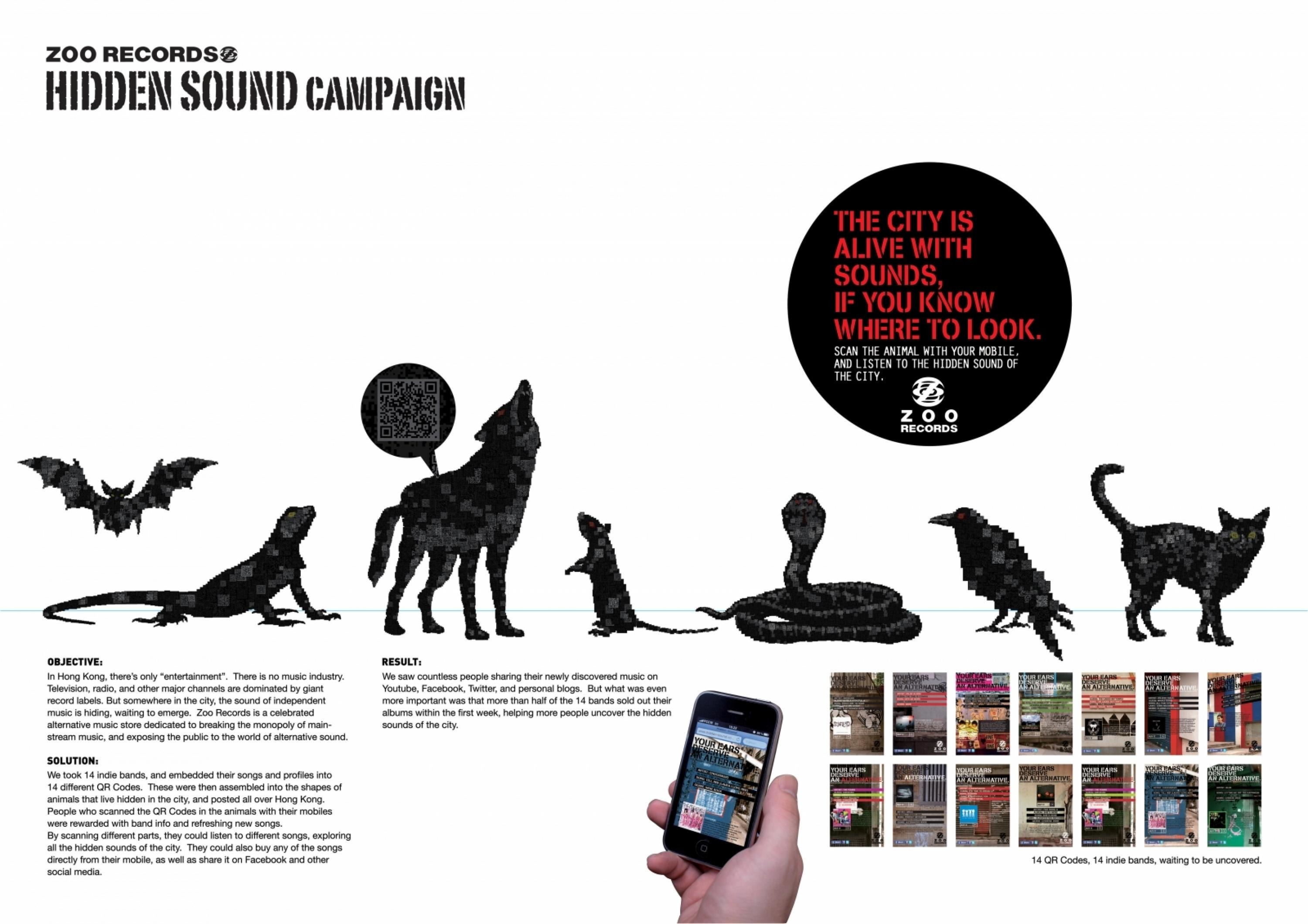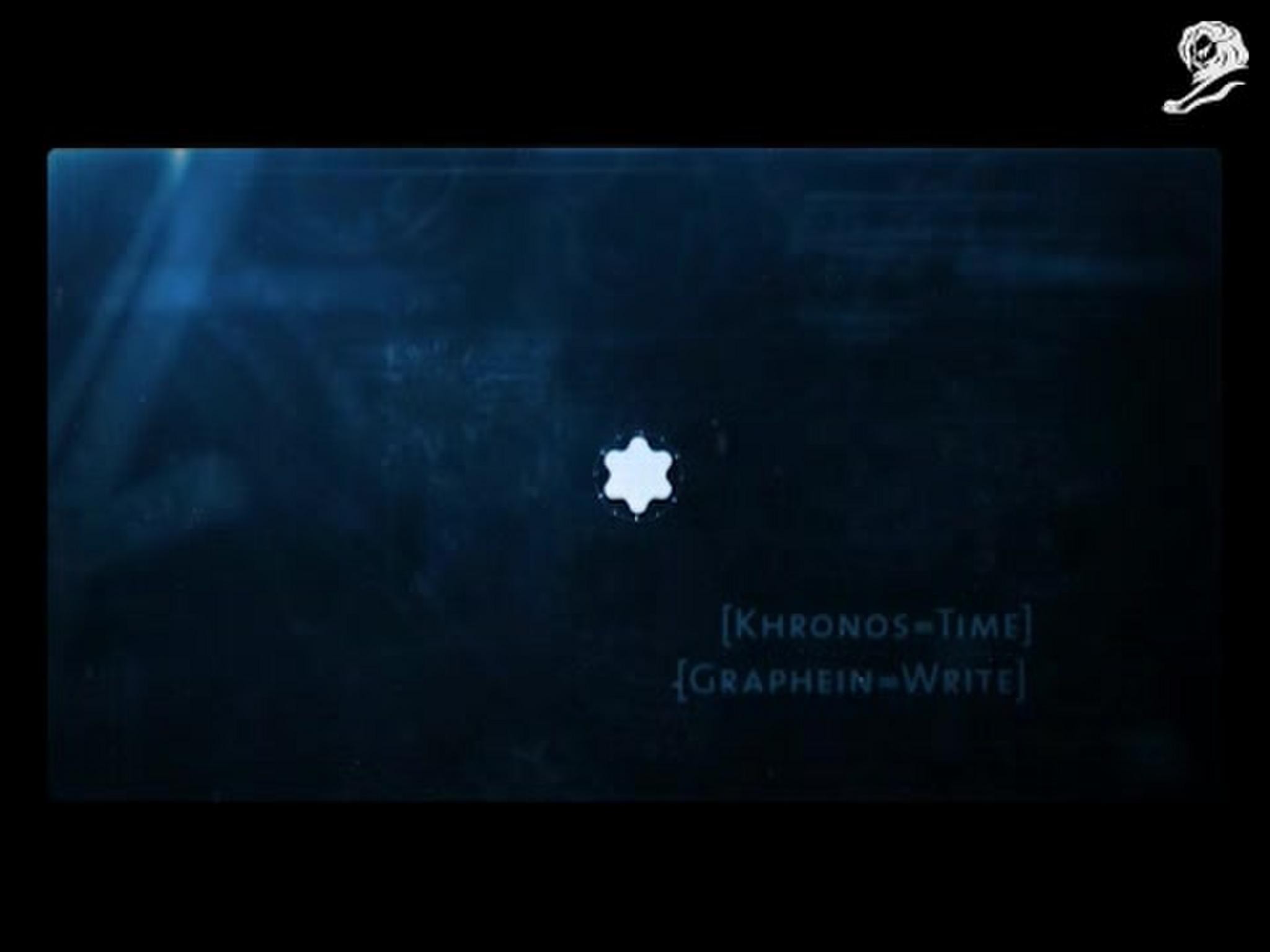Innovation > Innovation
THE BIOCHAR PROJECT
LEO BURNETT, Mumbai / LAY'S / 2024

Overview
Credits
Overview
Why is this work relevant for Innovation?
Indian farmers only get few days to clear their fields of stubble for the next crop. The quickest, most effective solution is to burn it. This creates massive pollution, leading to farmers getting blamed despite having no choice.
Lighting fire is an ingrained agri-behaviour; so we couldn't stop the burning. But we could burn stubble the right way.
The Biochar Project is a breakthrough innovation which burns stubble in a closed environment with controlled oxygen. This incomplete combustion creates biochar, a soil enhancer and reduces carbon-emissions by 50% without disrupting farmer's faith- exemplifying how traditions and sustainability can go hand-in-hand.
Background
To ensure the food security of 1.4Bn Indians, farmers practice multiple-croppings.
In 1970s, the Indian green revolution made India’s food security self-sufficient, possible due to high yield seeds that took less time to mature, thus allowing for multiple croppings- a mantle taken up by Punjab farmers
Running against time, farmers need to clear stubble within only 15 Days. In such a short window, the only way left is to burn it- a decades old practice now ingrained in farmers lives.
Punjab farmers light their fields on fire to clear stubble, choking north-India in toxic pollution- annually 27Mn tonnes of stubble is burnt in Punjab which emits 6.8Mn tonnes of greenhouse gases.
Farmers were getting blamed for pollution despite their helplessness.
Our Challenge: Burning is an inherent part of Punjab farmer’s behavior; How could we transform a traditional but unsustainable farming practice of decades to a sustainable system of crop-sowing.
Please provide any cultural context that would help the jury understand any cultural, national or regional nuances applicable to this work e.g. local legislation, cultural norms, a national holiday or religious festival that may have a particular meaning.
To ensure the food security of India's growing population and to become a self-sufficient nation, The Green Revolution began in the 1970's in Punjab, India. By using high yield seeds, this revolution has today championed Punjab has the granary of India where the state's farmers feeds billions. This has put immense pressure on land and farmers. To clear the field of previous crop rescue to prepare it for the next crop, Punjab farmers get only 15 days due to the early maturity of high yield seeds- for which they helplessly have to resort to stubble burning. This practice of lighting fields on fire began in the 70's and today- due to the auspicious nature of fire in India has also come to be accepted by farmers for good fortune.
Describe the idea
People consider stubble burning as just another agricultural practice- Not realizing that over decades it has become an ingrained agri-behaviour in India and marks the sacred beginning of the next crop. To protect the people, environment and crop, we needed a system that clears stubble effectively without disrupting farmer’s faith and rituals.
We couldn’t stop the burning, but we could burn the right way.
We found a solution in culture itself- the Indian Tandoor- a large urn-shaped oven used to make rotis by burning them in a controlled environment. So instead of open burning, we proposed burning stubble in a closed container to control the amount of smoke.
For the pilot, we targeted the epicenter of stubble burning- the Indian state of Punjab which contributes +95% to stubble burning.
What were the key dates in the development process?
April 2021:
Lay's partners with Punjab Agricultural University to start work on creating an earthen retort kiln inspired by the Indian Tandoor.
September 2022 - December 2022:
We used our agronomists who work closely with farmers in Punjab to educate them of Biochar chambers and the cost-effective method of burning stubble without creating pollution.
The construction of biochar chambers began in Fatehgarh Sahib and Ludhiana Districts of Punjab.
January 2023:
The following year onwards, after all rice crop harvests, Biochar chambers is being used to burn the stubble created. The biochar created is spread on fields to enhance soil health.
April 2023:
Patent for Biochar chamber filed by Punjab Agricultural University.
Describe the innovation / technology
We found inspiration in the Indian Tandoor and partnered with Punjab Agricultural University to build a new design of earthen kiln for controlled burning of stubble. It is closed from the top and has holes on the sides. Because of the heat, air expands and exits through the small holes with high pressure, which significantly reduces the amount of oxygen coming in.
Reduced oxygen leads to incomplete combustion of stubble which creates Biochar instead of ash. Biochar is a carbon-rich soil amendment which not only remediates stubble burning but also redresses its impact.
The earthen design of Biochar chambers can be made by farmers themselves from locally available materials. Indian farmers have traditionally made closed tents of mud and straw, so making biochar chambers comes easy to them. This ensures its cost-effectiveness and scalability across Indian farms.
We installed the chambers around communities to burn large amounts of stubble in one sitting, ensuring all farmers clear fields on time and don’t miss the next plantation.
Through our agronomists, we are educating not only our farmers in Punjab, but also their communities of young and old alike about Biochar- ensuring both old farmers and the coming generation adopts sustainable farming practices.
Describe the expectations / outcome
Within one year of implementation, The Biochar Project has transformed the decades-old ritual of stubble burning. Not only has it mitigated pollution but has also enhanced soil conditioning leading to reduced fertilizer costs and an increase in farm yield.
1. Reducing greenhouse gas emissions due to open-air burning has cut down pollution generated by 50%
2. Improving food security and farmer's financial stability, crop yield increased by 19%
3. Ensuring responsible production, carbon-rich biochar reduces fertilizer costs to farmers by 33%
Applauded by the Prime Minister of India- Mr. Narendra Modi on World Food India 2023 for its sustainable innovation technology, Biochar has also been recognized by the Indian Ministry of Agriculture for its groundbreaking impact. This project is an integral part of our pledge to achieve net-zero emissions by 2040, one decade earlier than called for in the Paris Agreement.
More Entries from LEO BURNETT
24 items



















